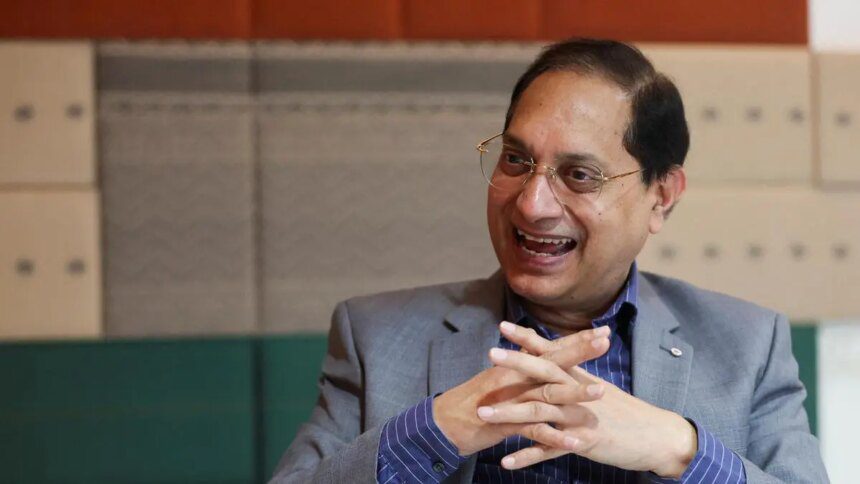India’s markets regulator is set to implement additional reforms to attract foreign investors, focusing on expediting registration processes, lowering trading costs in the cash equities market, and simplifying short-selling procedures, according to Chairman Tuhin Kanta Pandey. Pandey, who has led the Securities and Exchange Board of India (SEBI) since March, aims to make regulations more accommodating for foreign investors, domestic funds, and corporations, easing stricter rules established before his tenure.
These initiatives come during a challenging period where foreign investors have withdrawn nearly $17 billion from Indian equities, compounded by economic pressures stemming from high U.S. tariffs on Indian exports. “In my interactions with foreign participants, both in India and abroad, I sensed that the prolonged registration process is the primary concern. It is unacceptable,” Pandey stated. He aims to reduce this timeframe to just a few days.
SEBI is also evaluating various regulations to enhance the liquidity of India’s cash equity markets and will assess the margin requirements for trading. “While liquidity in cash markets has improved recently, we seek further enhancement,” Pandey noted, though he refrained from giving specific details about forthcoming decisions.
The structure of India’s securities markets differs significantly from global counterparts, with the derivatives market being over 300 times larger than the cash market. The regulator has been actively attempting to manage speculation, particularly from retail traders in futures and options. Pandey expressed openness to introducing “product suitability” rules to restrict small investors from engaging in risky derivatives transactions. He emphasized the need to examine the impact of existing regulations before considering additional measures, highlighting concerns over some market players’ understanding of risks.
In terms of short-selling, SEBI is analyzing the current rules and the mechanisms surrounding the borrowing and lending of securities, noting that these markets remain underdeveloped. “We must examine costs; if transaction costs are excessive, trading will not occur,” Pandey said. The idea of permitting “netting,” which would allow investors to offset buy and sell trades, is also under consideration, potentially easing capital requirements for trading, especially for foreign investors. Currently, India’s central bank does not allow such netting.
Lastly, in response to foreign investors’ concerns, SEBI has decided to postpone its plans to shift from a T+1 settlement system to a T+0, or same-day settlement system.
Published on November 12, 2025.










